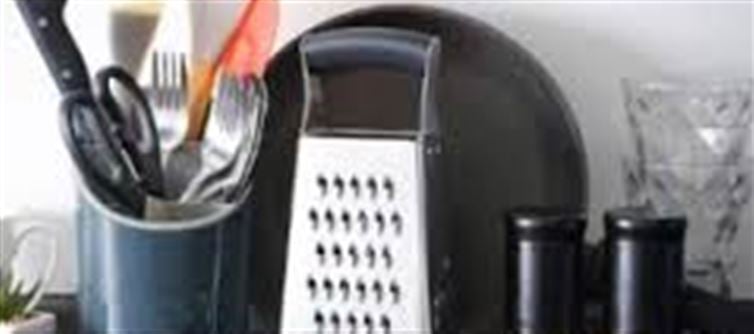
Milk is a daily staple in most homes, but the vessel you use to boil it can seriously affect your health. Some materials react with milk, turning it harmful. Here’s what you need to know:
1️⃣ Avoid copper Utensils
- Boiling milk in copper pots can cause the metal to leach into the milk
- High copper content can lead to nausea, vomiting, liver damage, and even toxicity
2️⃣ Say No to Aluminum
- Aluminum cookware reacts with milk, especially acidic dairy products like buttermilk
- May cause metallic taste and potential health risks with prolonged use
3️⃣ Beware of iron Vessels
- Mild iron utensils are generally safe, but excessive iron exposure can alter milk composition
- Best to avoid uncoated or rusted iron vessels
4️⃣ Safer Alternatives
- Stainless steel: Durable, non-reactive, and safe for boiling milk
- Enamel-coated cookware: Prevents metal leaching and preserves milk’s taste
- Glass or ceramic pots: Ideal for small quantities and gentle heating
🌟 Pro Tip
- Always wash new utensils thoroughly before first use
- Avoid mixing metals in milk preparation to prevent chemical reactions
💡 Bottom Line: The right utensil keeps your milk nutritious and safe. Stick to stainless steel, ceramic, or glass to protect your family’s health.
Disclaimer:
The views and opinions expressed in this article are those of the author and do not necessarily reflect the official policy or position of any agency, organization, employer, or company. All information provided is for general informational purposes only. While every effort has been made to ensure accuracy, we make no representations or warranties of any kind, express or implied, about the completeness, reliability, or suitability of the information contained herein. Readers are advised to verify facts and seek professional advice where necessary. Any reliance placed on such information is strictly at the reader’s own risk..jpg)




 click and follow Indiaherald WhatsApp channel
click and follow Indiaherald WhatsApp channel